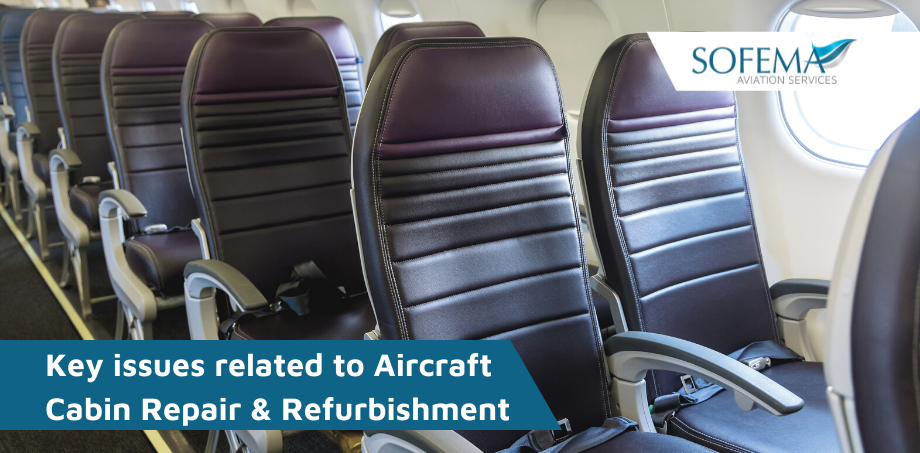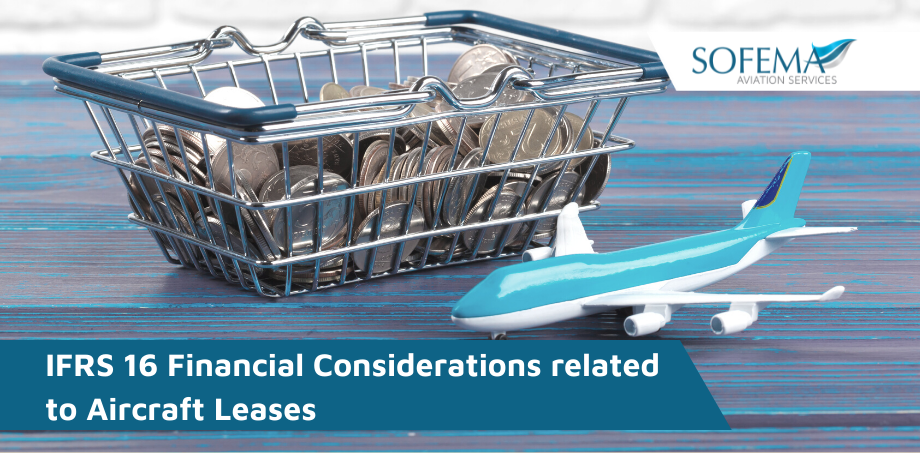Consider the Bilateral Aviation Agreement Status between EASA & FAA and EASA & UK CAA
read more
Sofema Aviation Services (SAS) www.sassofia.com considers the current landscape of Bilateral Aviation Agreement (Bilateral Aviation Safety Agreement -BASA) between EASA, FAA & UK CAA. Introduction – EU / UK The EU-UK Trade and Cooperation Agreement concluded between the EU and the UK sets out preferential arrangements in areas such as trade in goods and in…






